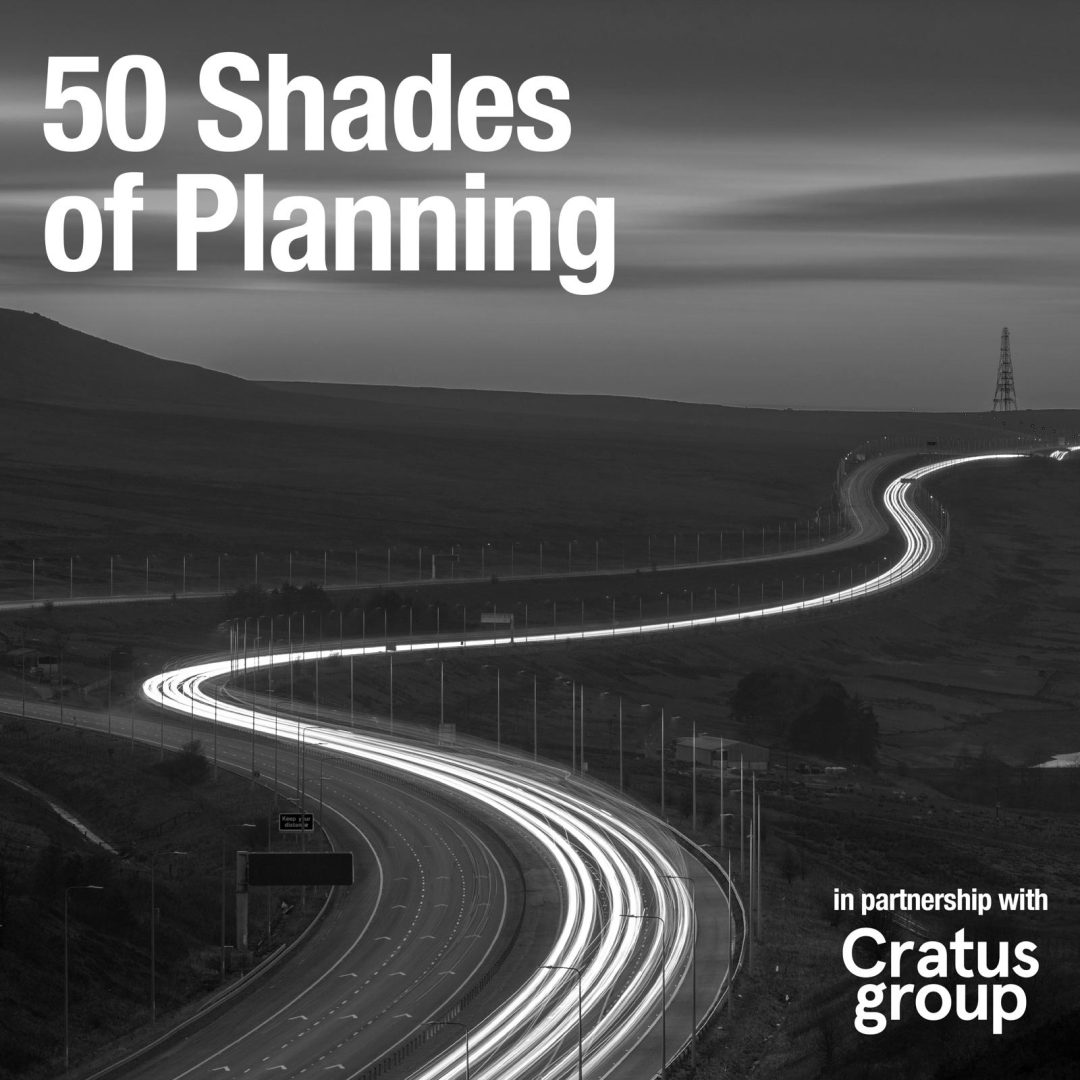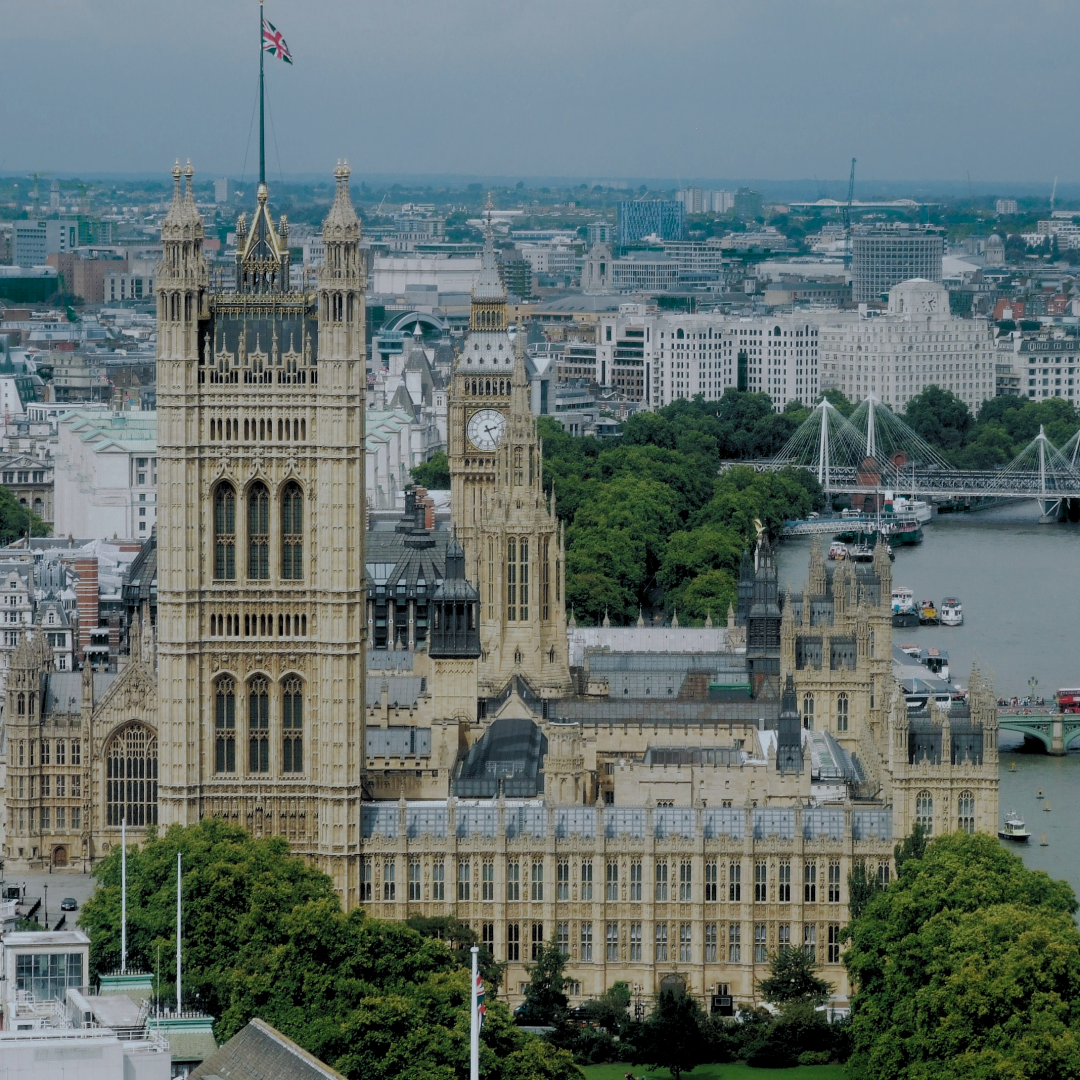Gove walks tightrope of house building and protections
In his own words Secretary of State for Levelling Up, Housing & Communities and Communities offered up a speech which “strives for balance” at RIBA today. Mr Gove walked the line between the urgent need for house building and his own desire to save Tory Party votes in the Shires (or at least “protect the Green Belt”) in advance of the General Election which will take place in 2024.
The speech heralded the publication of the latest iteration of the NPPF which has been looked forward to with dread and anticipation for more than six months. But it also included more. More on the Government’s approach to housebuilding and infrastructure, and more on how more homes could be delivered. All peppered with a good mix of carrot and stick and a healthy dose of pantomime politics appropriate for Christmas.
Plan led
At the heart of the speech was the need to operate in a Plan led system, where Local Authorities all have up to date Plans, and those Plans will be delivered within timetables lodged and agreed with DLUHC. Gove reported that under the new NPPF Authorities with up to date Plans will benefit from stronger protections against speculative development on land which has not been zoned for development. Importantly, to protect the Green Belt, designated landscapes and the most versatile farmland, planning authorities will not need to meet their housing need in full. The addition of farmland in this context is likely to open a new battlefront, particularly in East Anglia, where best and most versatile farmland is all green field sites!
But Gove assured us that his latest measures are not “just a route to evasion”. There will be ongoing measures to address under performance and failure to deliver homes including the presumption in favour of sustainable development where delivery drops below 75% of target. However, there is a new caveat – this only applies where there is no up to date Plan.
Underperforming authorities
Perhaps more interestingly, Gove signaled a more interventionalist approach towards underperforming authorities. League tables will be introduced measuring councils’ performance in determining applications in the recommended time period, the number of approvals made, the number of appeal loses and the costs of appeals. The latter will be particularly interesting as when previously asked about their spend on defending appeals, over half of the councils in England said that they did not count the cost. Councils who fail to deliver Plans on time or determine applications risk DHLUC stepping in – with the worst offenders named and shamed from the podium.
Recognising that a lot of the delay is outside the control of planning authorities, there will also be a review of statutory consultees and their ability to deliver meaningful advice, not just a holding response, within 28 days of an application being validated.
London
Gove reserved some of his worst ire for London and his sparring partner Sadiq Khan (the pantomime villain?) as he announced an external review of the London Plan which will be concluded “early next year”. Led by a panel including KitKat and other heavyweights* the review will specifically look at ways in which London can speed up delivery of homes across the Capital, with Gove strongly hinting that the Mayor will need to work with the recommendations of the review or lose control of the London Plan.
Cambridge 2040
By contrast the capital of the East Anglia will benefit from the development of a new urban quarter as Gove doubled down on his Cambridge 2040 plan. The quarter will not just be new homes but will also include classical architecture, concert halls and museums closely linked to the city. Led by a Development Corporation funded by the Government, the plans will be delivered over two decades “irrespective” of the Government of the day. The proposals have already been subject to strong opposition locally from the Labour run City Council, Liberal Democrat run South Cambridgeshire District Council and the Conservative MP for the site, Anthony Browne MP (full house!). As has been widely noted, water is the key issue in the area with new pipelines and reservoirs needed before homes can be delivered.
So what does it mean in practice?
Coming just a day after the HBF’s Housing Pipeline Report showed the lowest number of homes permitted since records began in 2006, there do seem to be some interesting measures included in the speech to emphasise more positive decision making – in a timely manner.
But what is clear is that Local Authorities, particularly those with Green Belt, green fields, or any sort of designation, can now make Plans to deliver well under their agreed housing need. Once in place, those Plans will be stronger than ever with Authorities receiving more protections against “speculative” development, even when they are not delivering their numbers.
While Gove claimed that the speech (and the NPPF) was not about votes, it was about “the national interest” there was little recognition of the role that the prevarication in the delivery of the latest version of the NPPF and the uncertainty around its contents had anything to do with DLUHC and everything to do with the economy.
To unlock sites, developers will need to ensure that sites consider BIDEN (Beauty, Infrastructure, Democracy, Environment, Neighbourhoods) – once again placing an emphasis on the house building industry providing things outside its control – schools, surgeries and dentists.
Key takeaway
Local Plans are going to be more important than ever. Engage early, build relationships and reputation and deliver.
*London Plan Review Panel are:
- Christopher Katkowski KC
- Former LGA Chair, Cllr James Jamieson,
- Architect Paul Monaghan
- Town planner Dr Wei Yang








